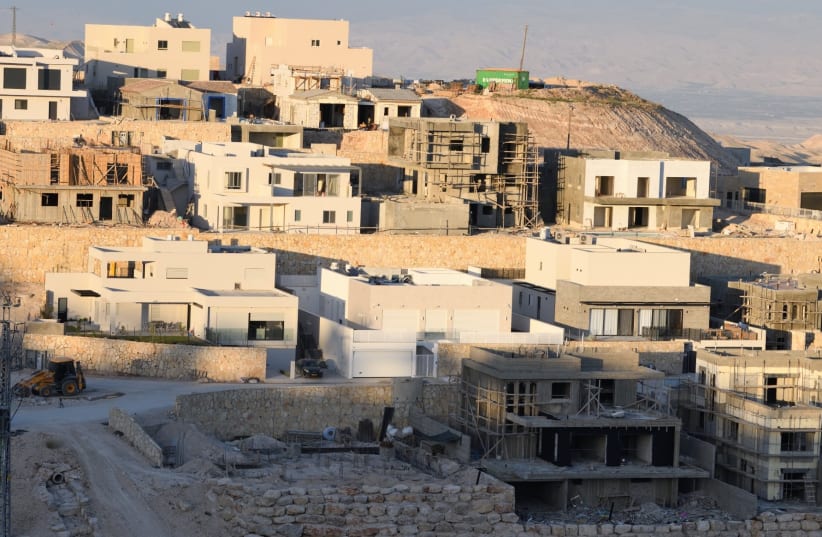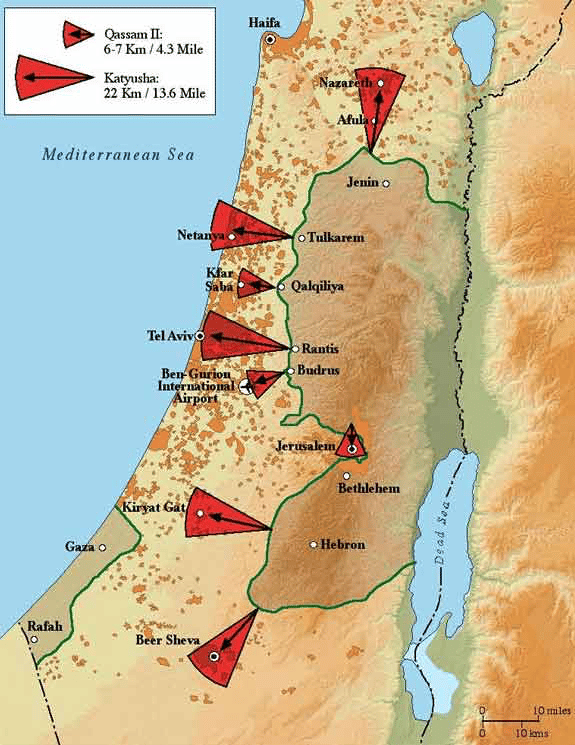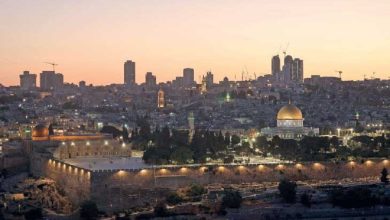Judea and Samaria: The Political Rebranding of the West Bank

Watan – In recent political discourse, a noticeable shift has emerged in how some factions refer to the West Bank. The traditional nomenclature is being replaced by “Judea and Samaria,” a term deeply rooted in historical and religious narratives. This linguistic change is not merely semantic but carries profound implications for the region’s political future and international relations.
Historical Context and Religious Significance
The names “Judea and Samaria” have biblical origins, representing regions that were once central to ancient Israelite kingdoms. Proponents of this terminology argue that it reflects the Jewish people’s historical and religious ties to the land.
- Judea: Located in the southern part of the West Bank, it includes areas around Jerusalem and Hebron.
- Samaria: Corresponding to the northern West Bank, encompassing cities like Nablus and Jenin.
This terminology has been adopted primarily by Israeli right-wing groups and settlers, aiming to assert claims over these territories and reshape international perspectives.

Political Motivations Behind the Shift
The adoption of “Judea and Samaria” by Israeli authorities and supporters serves various political purposes:
- Undermining Palestinian Claims:
Replacing “West Bank” with biblical names challenges the narrative of Palestinian sovereignty and emphasizes Jewish historical ties to the land. - Promoting Annexation:
By embedding these terms into political and public discourse, advocates aim to normalize the idea of Israeli annexation of these territories. - Shifting International Perception:
The terminology seeks to influence global narratives, aligning them with Israel’s historical claims rather than the framework established by international law, which views the West Bank as occupied territory.
Global Reactions and Implications
The rebranding has sparked diverse reactions from the international community:
- Supportive Voices:
Some pro-Israel groups, particularly in the United States, have embraced the terminology, aligning with narratives of historical entitlement. - Opposition:
Many Palestinian leaders and human rights organizations view this as an attempt to erase Palestinian identity and undermine their aspirations for statehood. - Neutral Observers:
International bodies, including the United Nations, continue to use “West Bank,” adhering to established geopolitical terminology.
Linguistic Power in Geopolitics
The deliberate shift from “West Bank” to “Judea and Samaria” exemplifies the power of language in shaping geopolitical narratives. It highlights how terminology can influence public opinion, policy decisions, and diplomatic stances.







